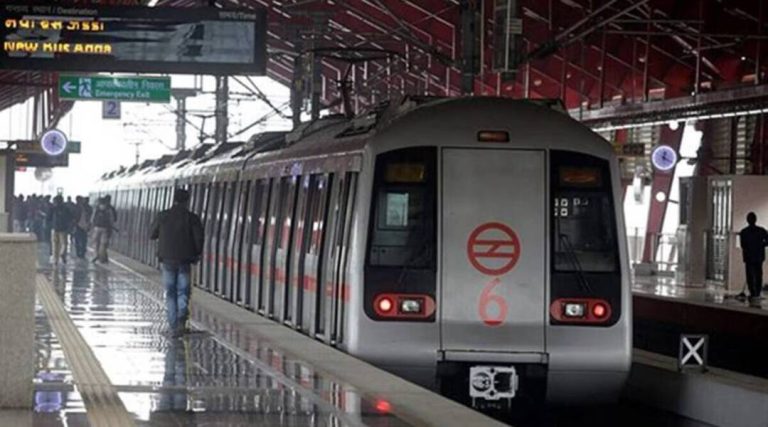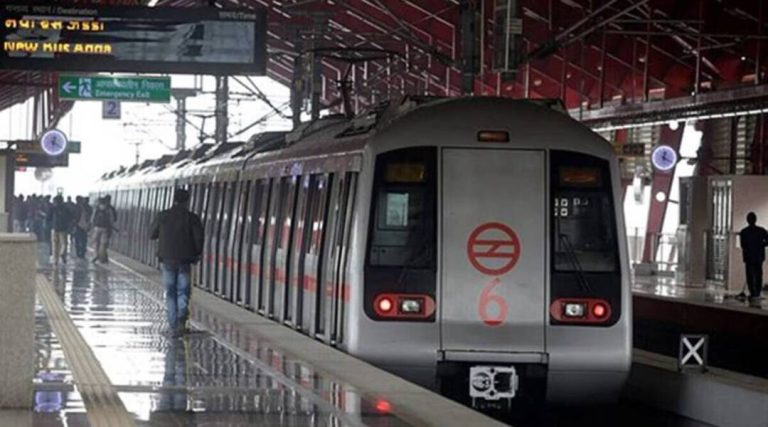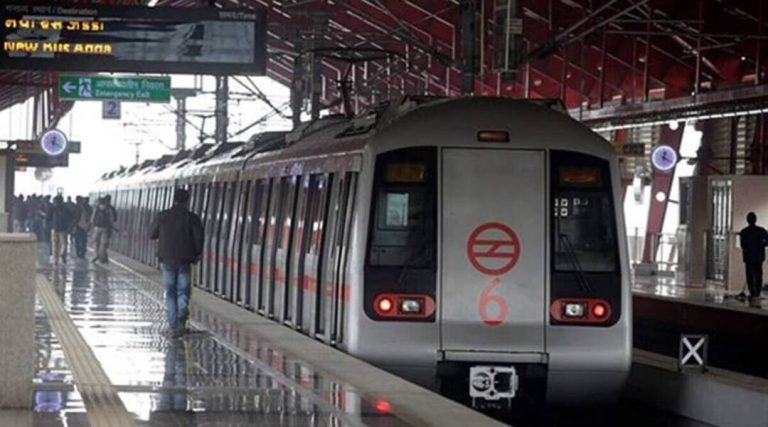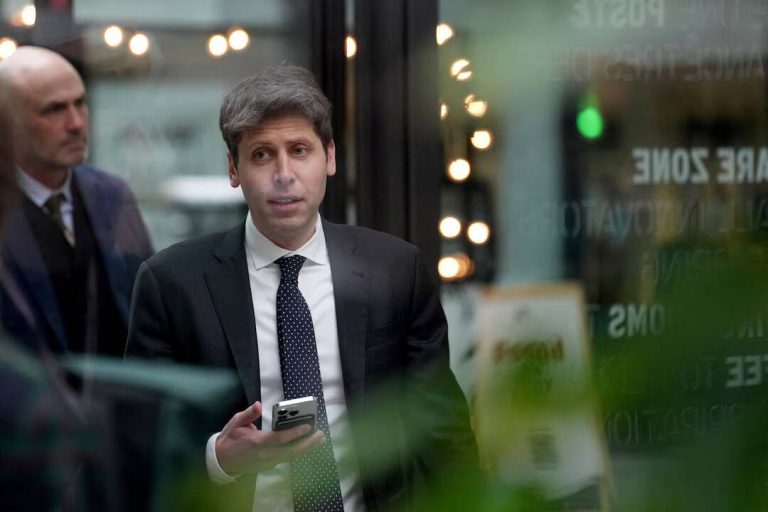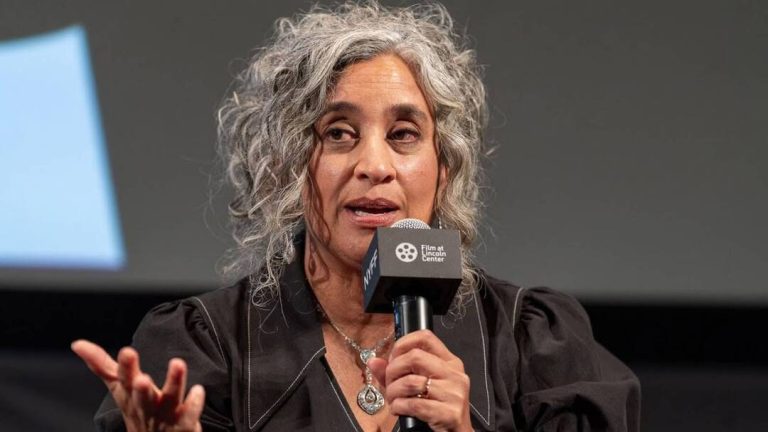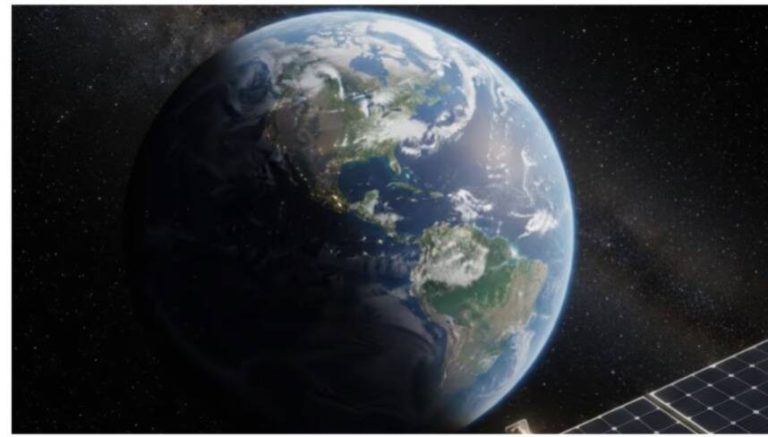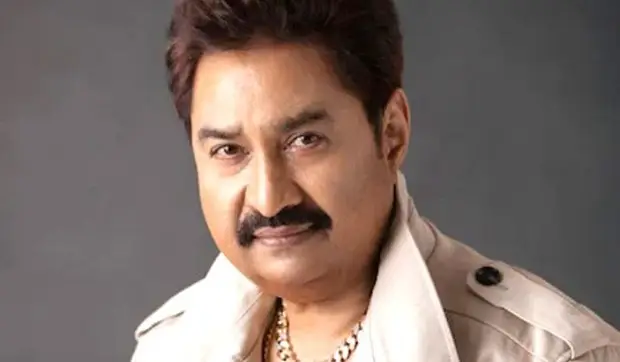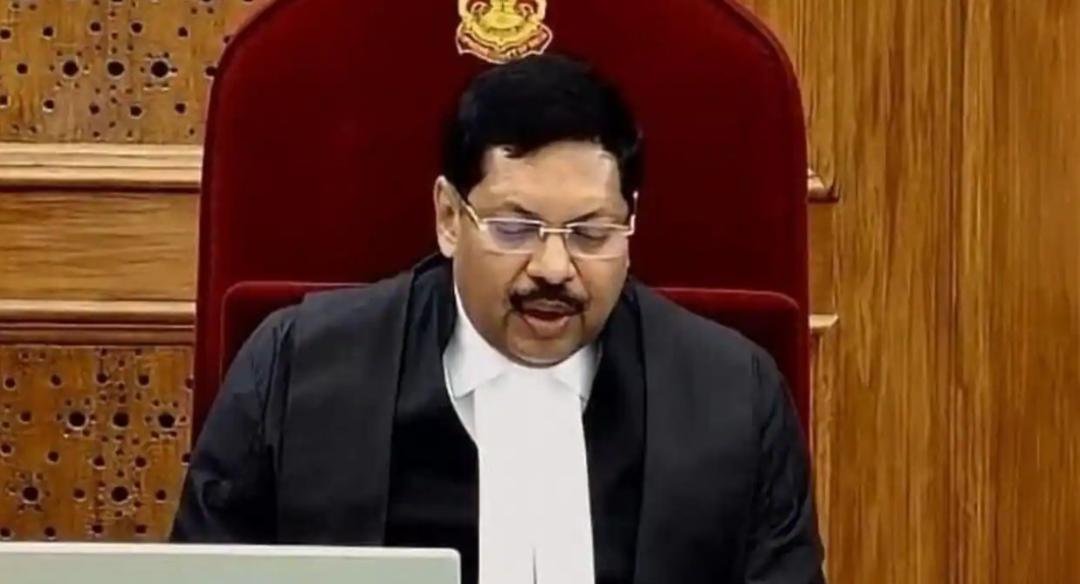
Passing ‘bulldozer order’ was my most important one: CJI Gavai
As the Chief Justice of India (CJI) BR Gavai prepares to retire on November 23, he has been reflecting on his tenure and the significant judgments he has delivered during his time in office. In a recent statement, CJI Gavai revealed that his judgment against “bulldozer justice” was the most important one he has passed during his tenure. This statement has sparked a significant amount of interest and debate, as it highlights the importance of upholding the rule of law and protecting the rights of individuals, even in the face of accusations or convictions.
For those who may not be familiar with the term “bulldozer justice,” it refers to the practice of demolishing the homes of individuals who have been accused or convicted of a crime, often as a form of punishment or retribution. This practice has been criticized by many as a violation of human rights and a form of collective punishment, as it can affect not only the individual who has been accused or convicted but also their family members and loved ones.
CJI Gavai’s judgment against bulldozer justice is a significant one, as it highlights the importance of upholding the rule of law and protecting the rights of individuals. As he noted, “How can a house be demolished just because a person is accused of a crime or convicted of it?” This statement gets to the heart of the issue, which is that the demolition of a person’s home is not a legitimate form of punishment, and it can have serious consequences for the individual and their loved ones.
The practice of bulldozer justice has been used in various contexts, including in response to riots, protests, and other forms of social unrest. However, it has been widely criticized by human rights organizations and other groups, who argue that it is a form of collective punishment that can have serious consequences for individuals and communities. In many cases, the demolition of a person’s home can leave them without a place to live, and it can also have serious economic and social consequences.
CJI Gavai’s judgment against bulldozer justice is an important reminder of the need to uphold the rule of law and protect the rights of individuals, even in the face of accusations or convictions. It highlights the importance of ensuring that individuals are treated fairly and justly, and that they are not subjected to arbitrary or excessive punishment.
As CJI Gavai prepares to retire, his statement on bulldozer justice serves as a reminder of the significant contributions he has made to the Indian judiciary during his tenure. He will be succeeded by CJI-designate Justice Surya Kant, who will take office on November 24. Justice Kant will have big shoes to fill, as he takes on the responsibility of leading the Indian judiciary and upholding the rule of law.
In conclusion, CJI Gavai’s judgment against bulldozer justice is a significant one, and it highlights the importance of upholding the rule of law and protecting the rights of individuals. As he prepares to retire, his statement serves as a reminder of the importance of ensuring that individuals are treated fairly and justly, and that they are not subjected to arbitrary or excessive punishment. We can only hope that his successor, CJI-designate Justice Surya Kant, will continue to prioritize the protection of human rights and the upholding of the rule of law.
The Indian judiciary has a crucial role to play in ensuring that the rights of individuals are protected, and that the rule of law is upheld. As the country continues to grow and develop, it is essential that the judiciary remains independent and impartial, and that it is able to hold those in power accountable for their actions.
In the coming years, the Indian judiciary will face many challenges, from ensuring that the rights of marginalized communities are protected, to upholding the rule of law in the face of increasing polarization and social unrest. However, with leaders like CJI Gavai and CJI-designate Justice Surya Kant at the helm, there is hope that the judiciary will continue to prioritize the protection of human rights and the upholding of the rule of law.
As we look to the future, it is essential that we remember the importance of upholding the rule of law and protecting the rights of individuals. This is not only a moral imperative, but it is also essential for ensuring that our democracy remains strong and vibrant. By prioritizing the protection of human rights and the upholding of the rule of law, we can help to build a more just and equitable society, where all individuals are treated with dignity and respect.
News Source: https://www.newsbytesapp.com/news/india/order-against-bulldozer-justice-was-my-most-important-cji-gavai/story
